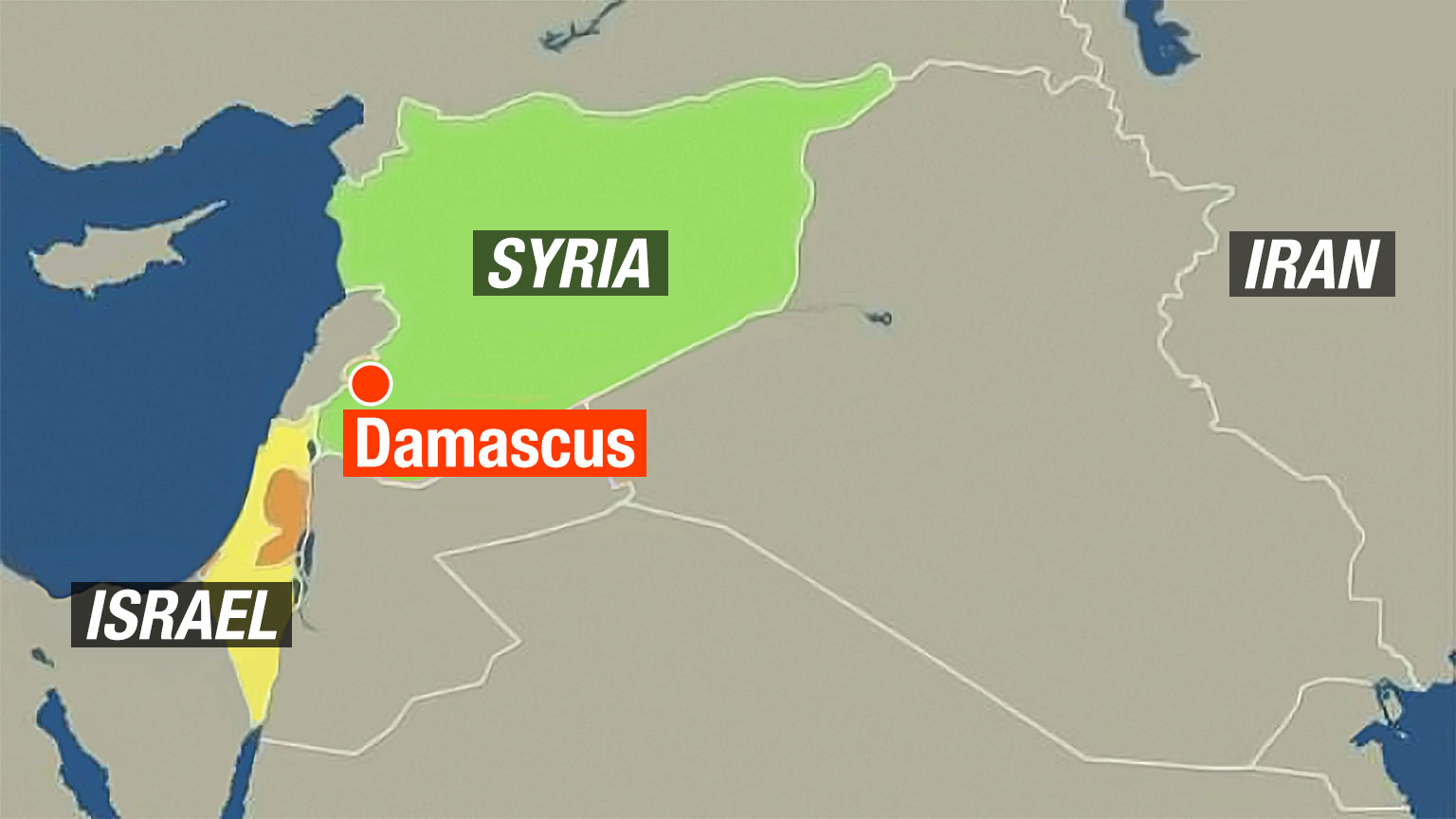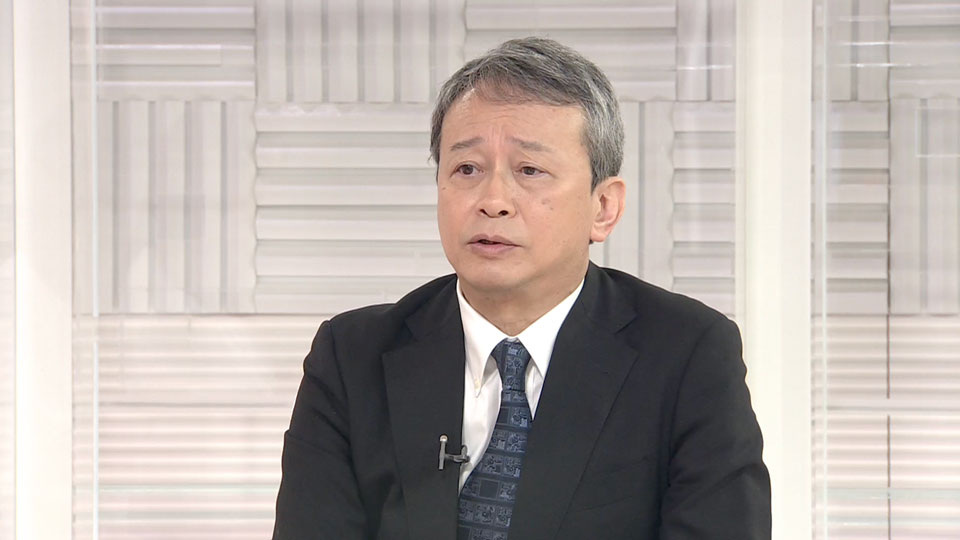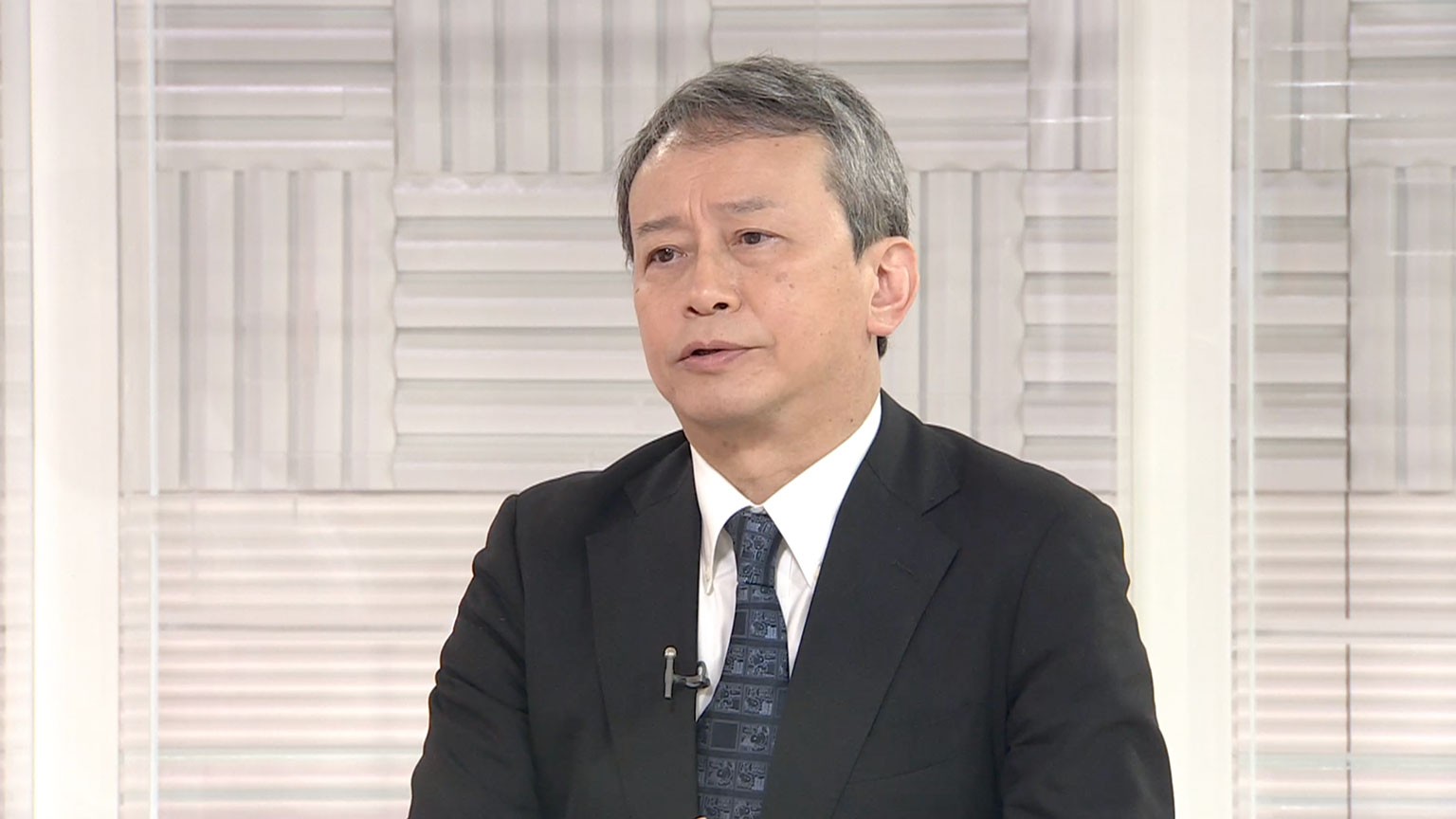Q. If Israel did this, why?
Professor Tanaka Koichiro: First of all, if it was Israel, they have always wanted to drag the United States into the war, which started on October 7, 2023.
So inviting Hezbollah's reaction, or Iran's reaction, would mean the US will have to step in. And that could be one of the reasons [behind the attack]. But also we need to look at the fact that Israel has been mobilizing its forces in northern Israel, appearing as though they are preparing to invade Lebanon, or launch a military campaign against Hezbollah. So those killed in the attack were the middleman of the IRGC, the Islamic Revolutionary Guard, the guard corps of Iran that has been dealing with Hezbollah in Lebanon for a very long time.
So by decapitating them, or eliminating them, it's possible the Israelis wanted to destroy the chain of command between the IRGC and Hezbollah, to make things easier for them [militarily].

Q. So why do you think Israel did it now?
Professor Tanaka: It's possible that because Israel has been subject to enormous international pressure over its conduct in Gaza, it may want to distract attention away from its military campaign.
Q. How do you think Iran will react?
Professor Tanaka: We have already seen that Iran has warned the US through Switzerland that they would hold the US responsible for Israeli aggression. And it's likely the Iranian proxies in Syria and Iraq may resume attacks against not Israelis, but against American interests and military positions. We also have to watch the Yemen Houthis who have been attacking vessels in the Red Sea. That could also intensify and lead to a regional escalation of the entire event.

Q. Is it possible to de-escalate the situation?
Professor Tanaka: Of course, if the issue of Palestine, or the Palestine question, is resolved, that may be a major start, but that's going to take years or decades, or maybe a century. But at least for now it will be possible, and also desirable, to see all countries suspend their military aid or supplies to the belligerent parties, state or non-state. Meaning, the US should stop its support and supply of sophisticated weapons to Israel unconditionally that have been continuing unconditionally and in almost unlimited amounts. At the same time, Iran should also suspend military assistance to the Houthis who have been attacking vessels with UAVs (Unmanned Aerial Vehicles) and other methods, and also to other proxies as well. So that could be the starting point.
